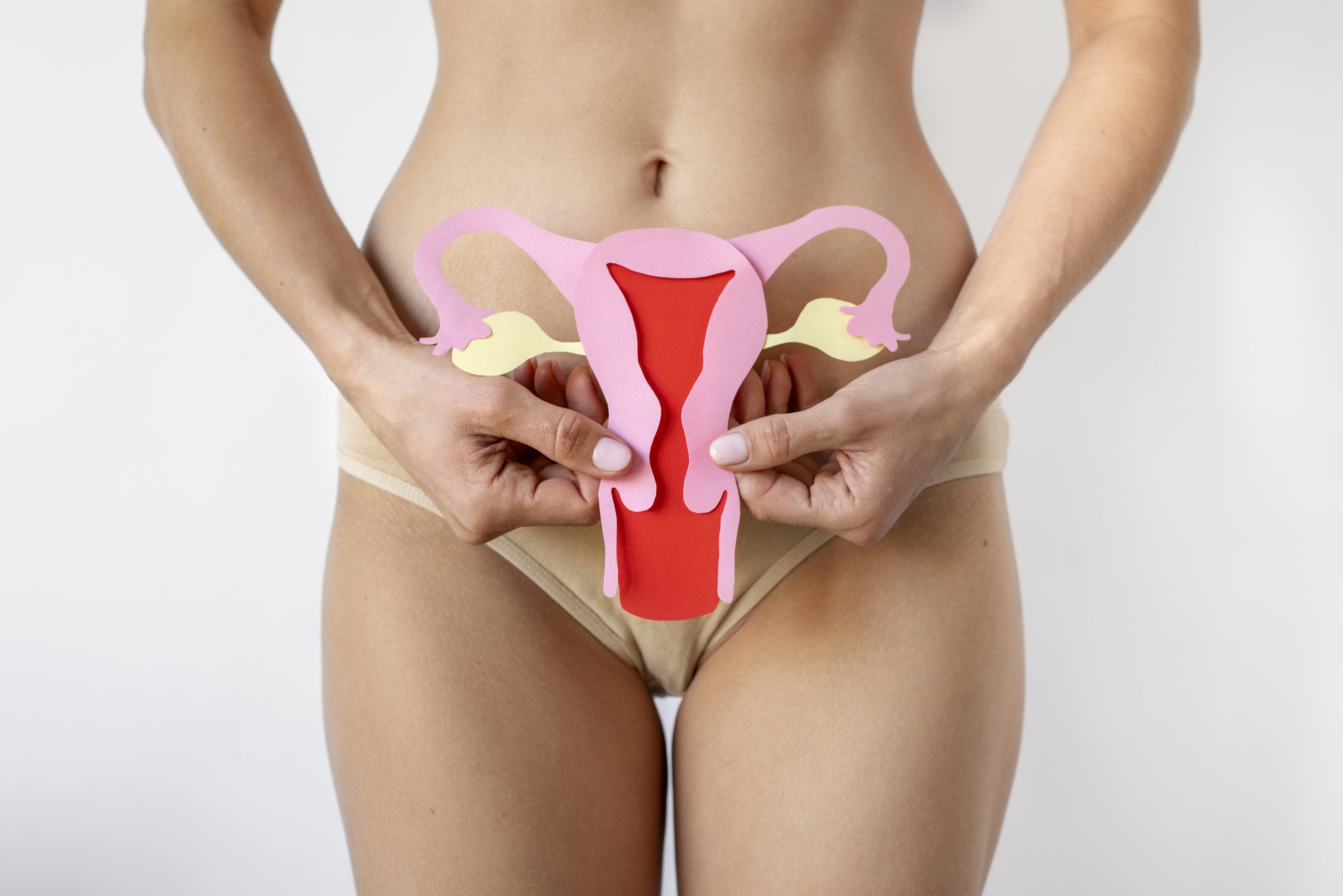Pregnancy is a beautiful journey, but for some women, complications like cervical insufficiency can put them at risk of preterm labor. That’s where cervical cerclage comes in—a procedure designed to support the cervix and help maintain a healthy pregnancy. Let’s break down everything you need to know about it!
What is Cervical Cerclage?
Cervical cerclage is a surgical procedure in which stitches are placed around the cervix to keep it closed during pregnancy. It’s typically done between 12 to 24 weeks of gestation to help prevent preterm birth or miscarriage in women with a weak or short cervix.
Who Needs Cervical Cerclage?
Doctors may recommend cerclage if you have:
- A history of second-trimester miscarriage or preterm birth due to cervical insufficiency.
- A short cervix diagnosed through ultrasound.
- A cervical injury or abnormality that increases the risk of premature cervical opening.
- Previous cervical cerclage in an earlier pregnancy.
Types of Cervical Cerclage
There are different methods of performing this procedure, including:
- McDonald Cerclage – The most common type, involving a purse-string stitch around the cervix.
- Shirodkar Cerclage – Similar to McDonald but with the stitches placed deeper in the cervix.
- Transabdominal Cerclage (TAC) – Done through abdominal surgery for cases where a vaginal cerclage isn’t possible.
How is the Procedure Done?
Cervical cerclage is usually performed under spinal, epidural, or general anesthesia and takes about 30 minutes. The stitches are placed around the cervix and are typically removed around 36–37 weeks, or earlier if labor starts.
Recovery & Aftercare
After cerclage, you may experience mild cramping, spotting, or discomfort. Your doctor may advise:
- Avoiding heavy lifting and intense activities for a few days.
- Pelvic rest (no sex) for a certain period.
- Regular follow-ups to monitor your cervix and pregnancy progress.
Risks & Possible Complications
While cervical cerclage is generally safe, it carries some risks, including:
- Infection
- Bleeding
- Premature contractions
- Rupture of membranes (water breaking early)
Does Cervical Cerclage Guarantee a Full-Term Pregnancy?
Cervical cerclage significantly reduces the risk of preterm birth, but it’s not a guaranteed solution. Success depends on individual cases, cervical condition, and overall pregnancy health.
Final Thoughts
Cervical cerclage can be a lifesaving procedure for women at risk of pregnancy loss due to cervical insufficiency. If you have concerns about your cervical health, consult a gynecologist to see if cerclage is the right option for you.
Need expert guidance on pregnancy and cervical health? House of Gynaecologists is here for you! Book a consultation with our specialists today.

